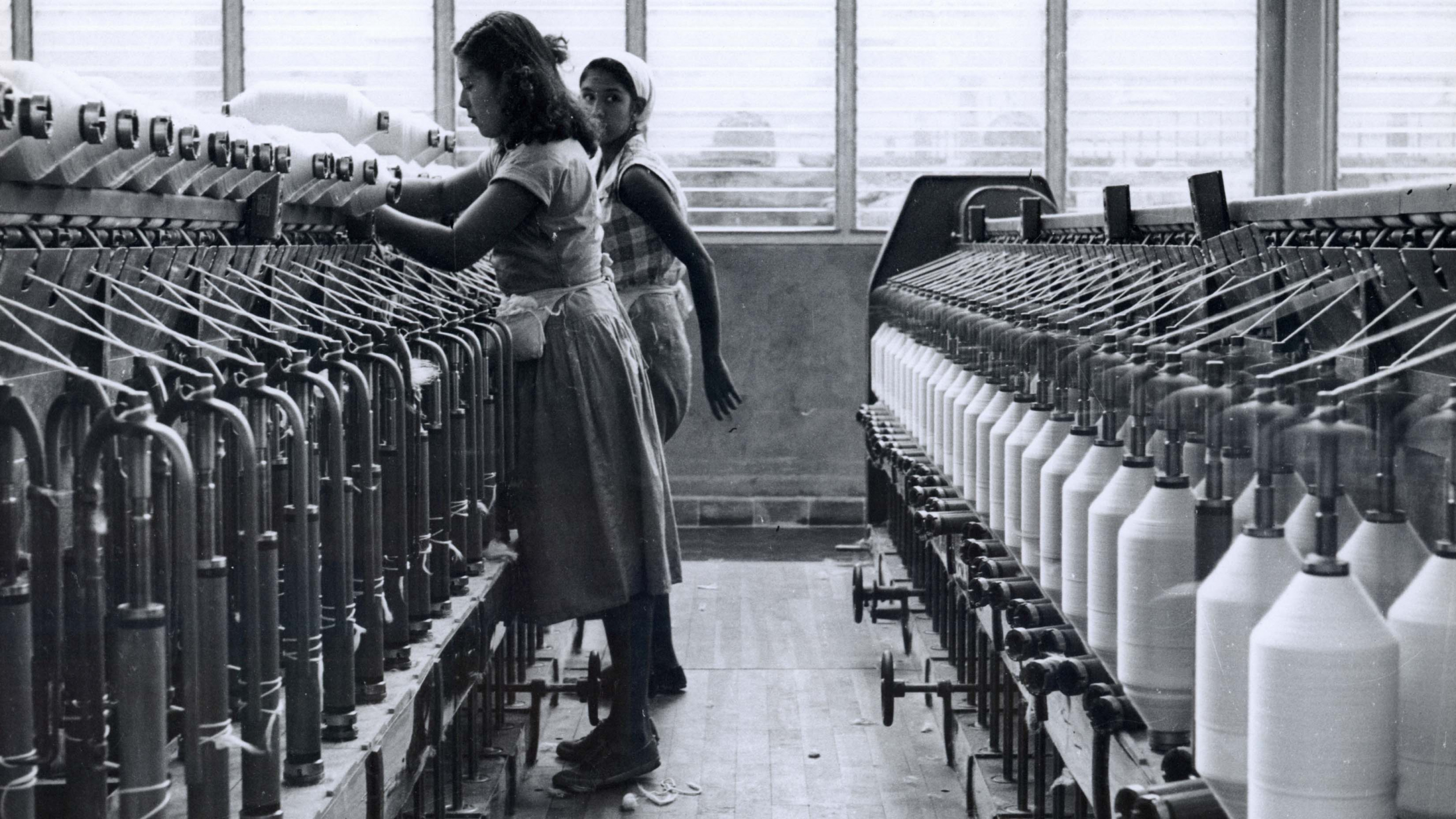
GENDERING DEINDUSTRIALIZATION STUDIES
This roundtable session asks us to make gender analysis more central to studies of deindustrialization.

This roundtable session asks us to make gender analysis more central to studies of deindustrialization.

The second of two sessions aimed at expanding the geographic imaginary of deindustrialization studies from the old industrial heartlands of Western Europe and North America.
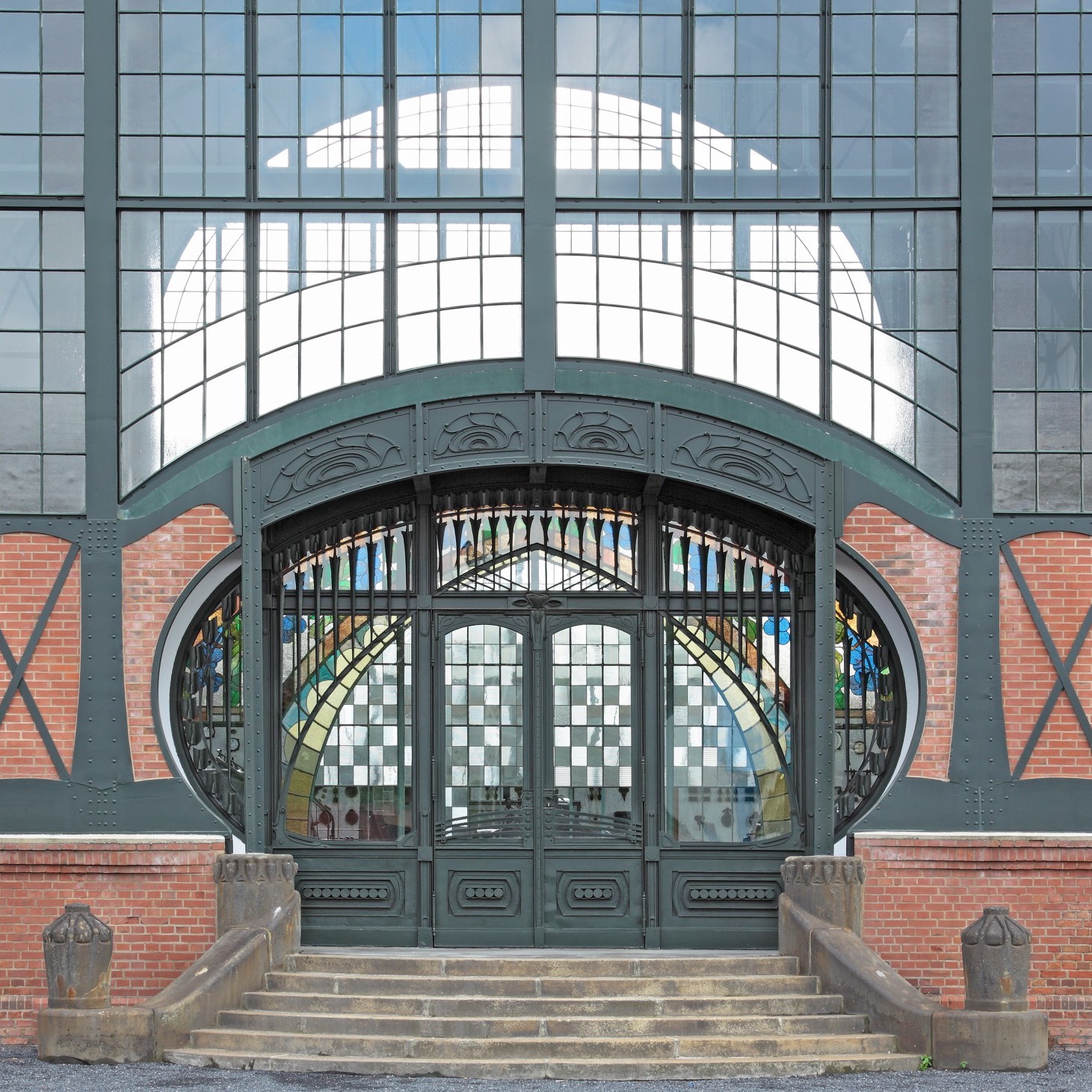
This final session in our Rethinking Deindustrialization Studies roundtable series brings curatorial and archival knowledge into the conversation.
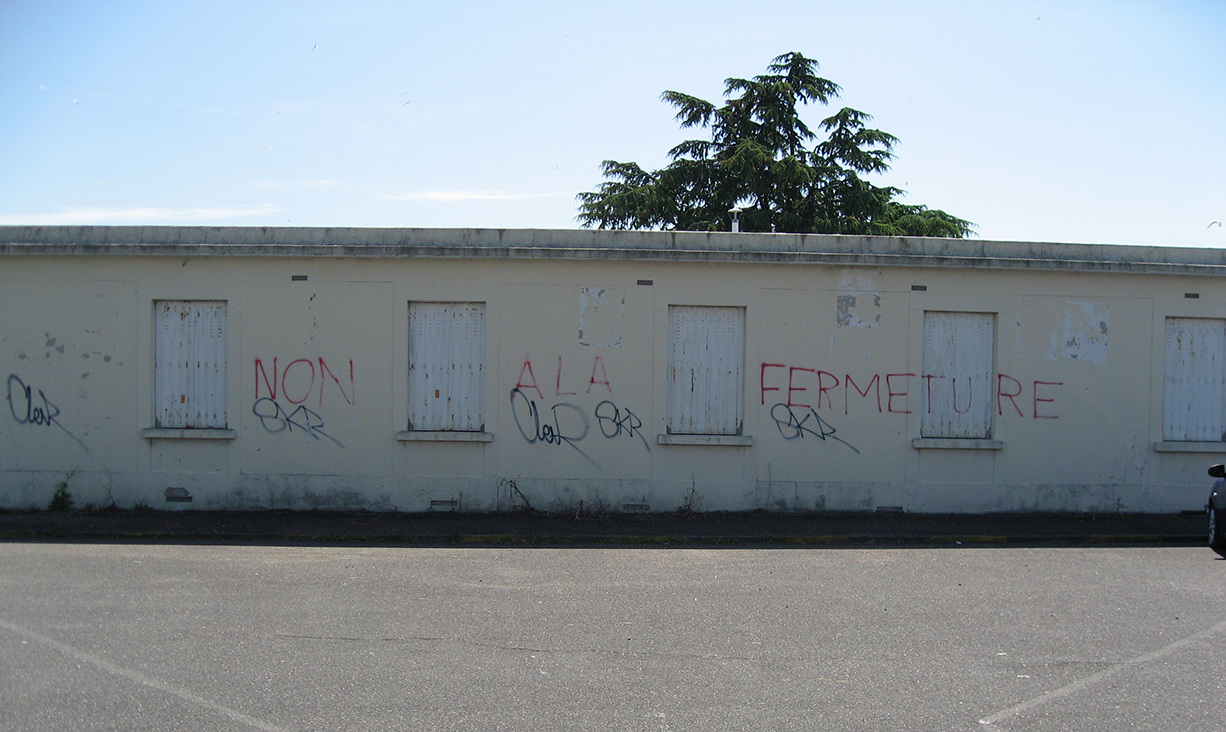
La désindustrialisation en France Register here. January 28, 2022 – 9am EST (3pm CET) The study of deindustrialization in France is flourishing with new books, special issues, and dissertations coming out […]

This roundtable brings together researchers that study deindustrialization in Italy, beyond the traditional heartlands of industry.
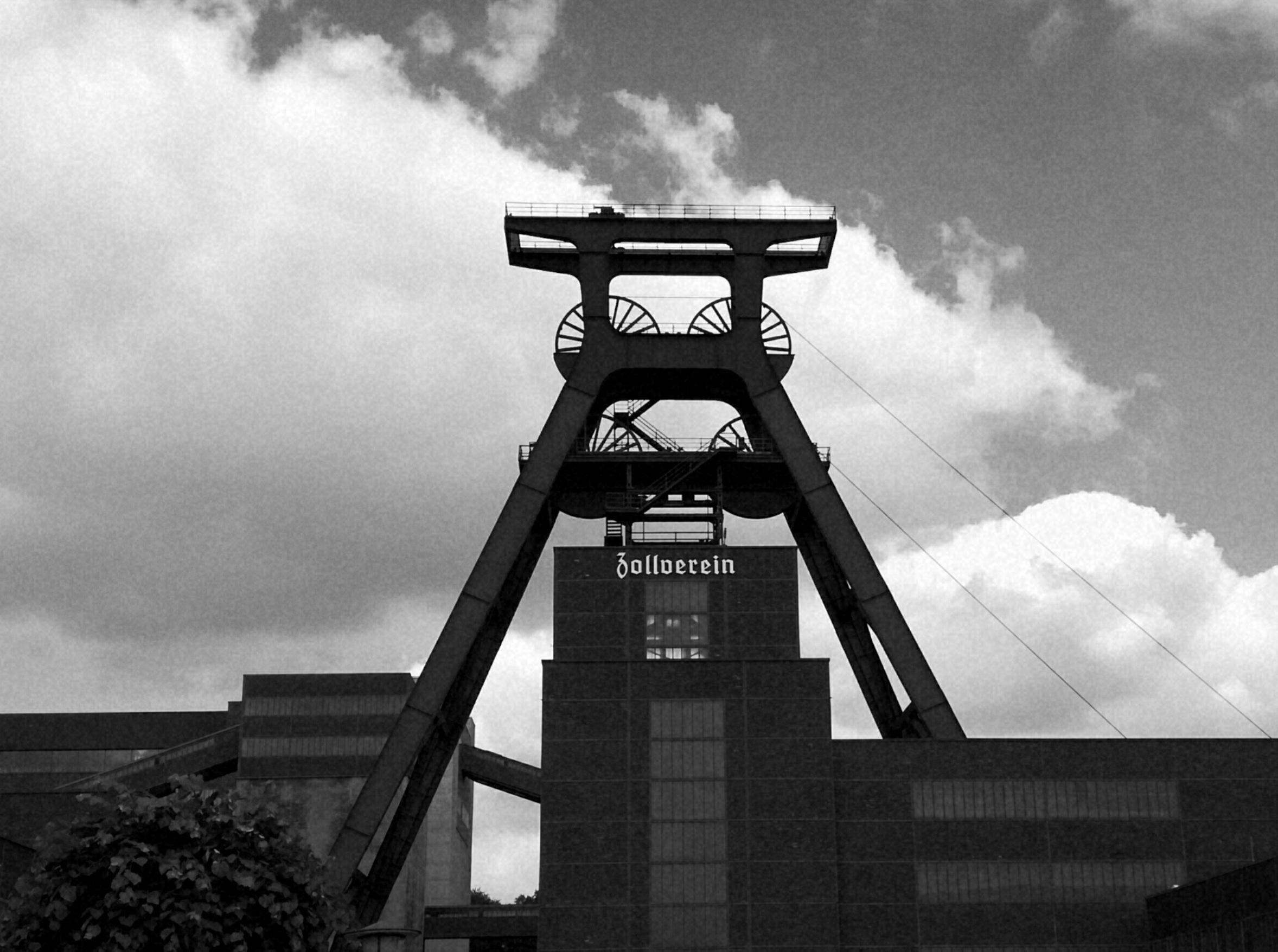
Transnationalizing Deindustrialization Studies: Deindustrialization and the Politics of Our Time (DePOT) 2022 Conference August 17-20, 2022, beginning at 9am (GMT+2/Berlin Time) The program for DePOT’s Transnationalizing Deindustrialization Studies conference is […]
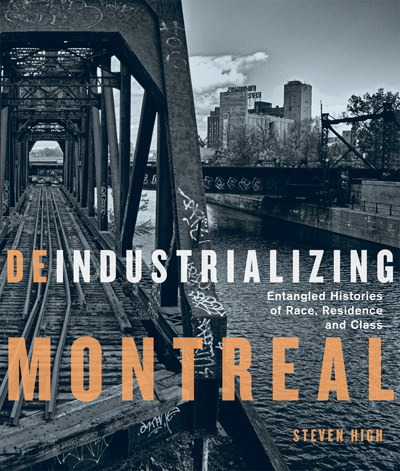
Join us for the launch of Steven High's new book, Deindustrializing Montreal: Entangled Histories of Race, Residence, and Class. The event will be held at Batiment 7’s Les Sans Taverne (1900 rue Le Ber) in Pointe-Saint-Charles, 28 August from 1pm to 3pm. Hope to see you there!
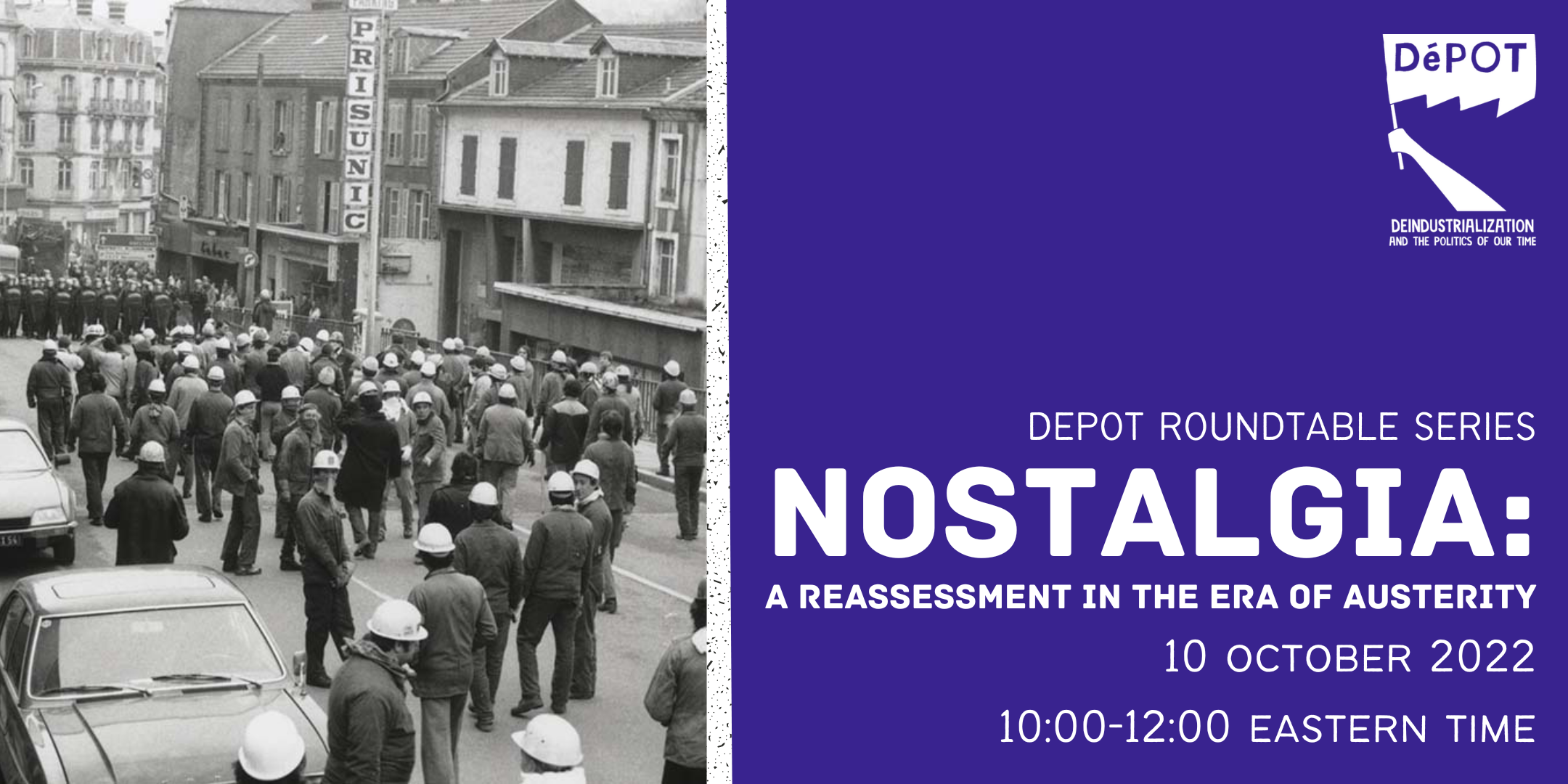
This roundtable brings together scholars to focus on the role, and representation, of nostalgia in deindustrialisation studies. In their paradigm shifting piece, Cowie and Heathcott (2003) urged us to 'move beyond' smokestack nostalgia and tales of victimisation through closure. However, 20 years later, this perspective requires revisiting. Across the deindustrialising world, areas formerly built-up around industry continue to suffer from multiple deprivations in: crime; poverty; poor environment; addiction; unemployment; poor health, and more. In this roundtable, we consider how a reassessment of nostalgic reflections, and their meanings, can contribute to our understandings of experience in deindustrialisation's half-life across generations. Taken together, they offer fresh insights into how we can reconnect the history of deindustrialisation with the contemporary experience of those communities worst impacted.
Chairs/Organisers: Dr Hilary Orange (Swansea University) and Dr Andy Clark (Newcastle University)
Presenters:
Andy Clark, Newcastle University
Fred Burrill, Cape Breton University
Jackie Clarke, University of Glasgow
Sinead Burns, Queen’s University Belfast
Stefan Berger, Ruhr-Universitaet Bochum
Magdalena Novoa, University of Illinois Urbana-Champaign.
Ewan Gibbs, University of Glasgow
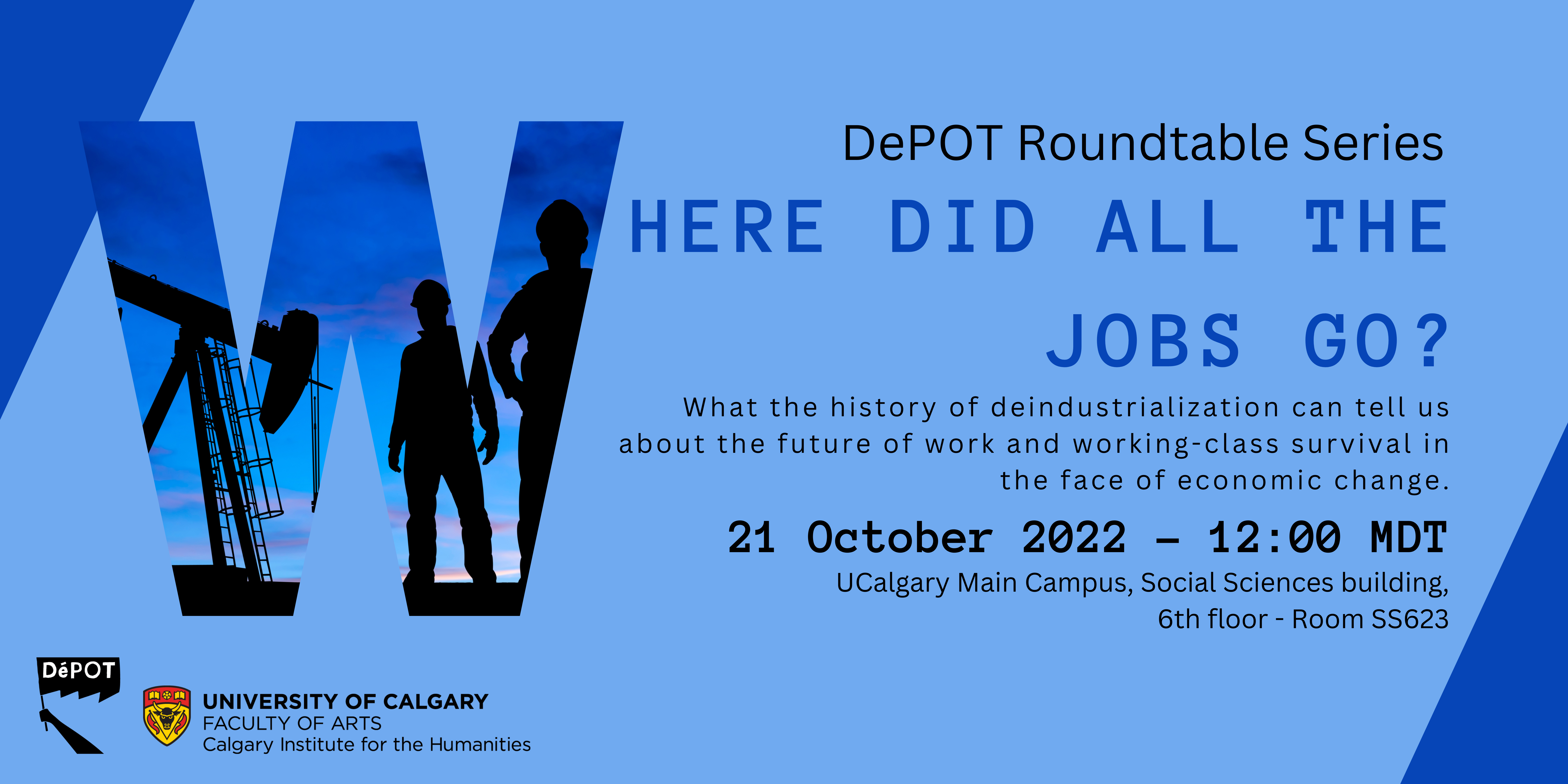
Where did all the jobs go? What the history of deindustrialization can tell us about working-class survival in the face of economic change In the midst of global ecological crisis, […]

The DePOT Podcast will be recording a live episode from Concordia University's 4th Space on October 28, from 4:30-6:00 PM. Fred Burrill will host a discussion on the relationship between […]
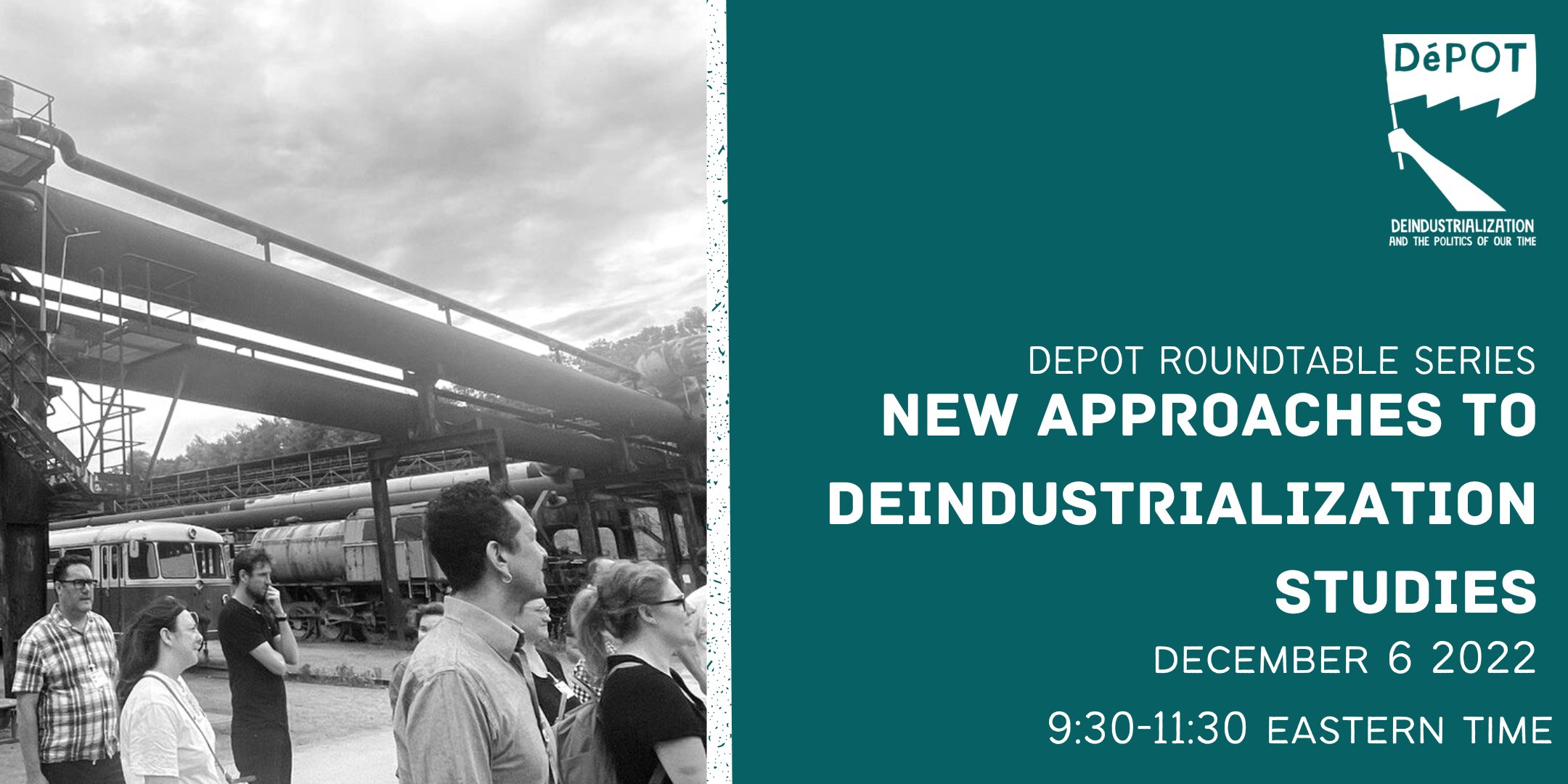
The DePOT partnership continues to grow as faculty and PhD students affiliate with the project. These new team members enable the project to make wider geographic connections as well as deepen our research in our core study area of six countries. This virtual roundtable showcases some of their work-in-progress.
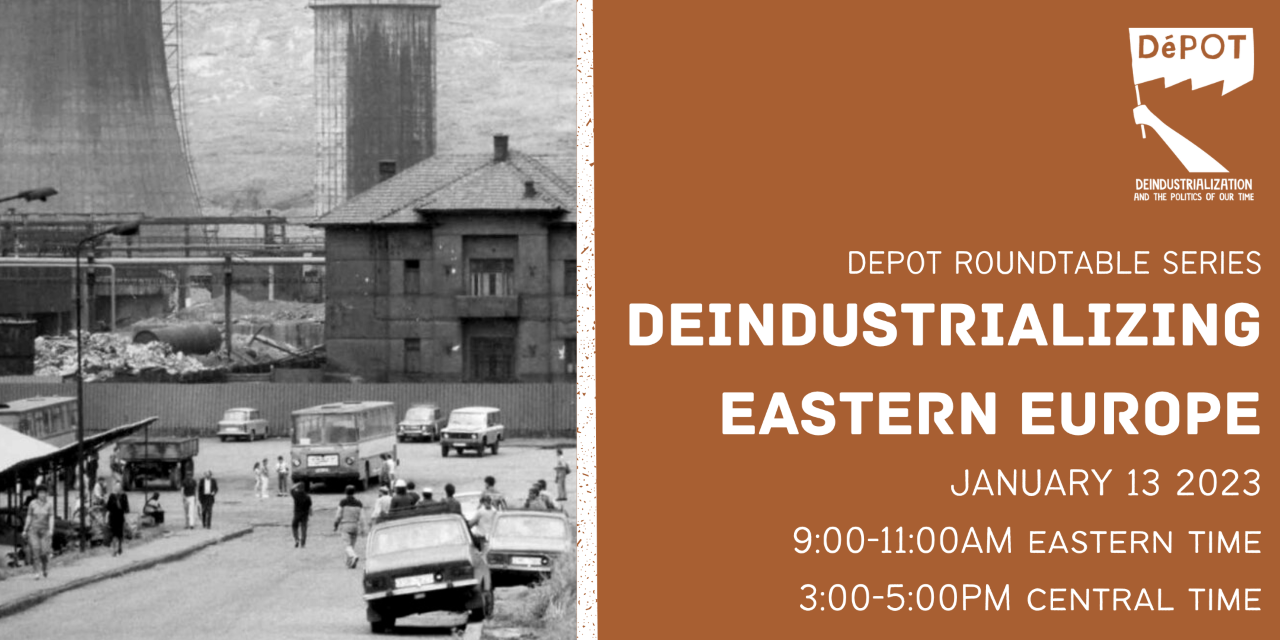
After the collapse of Communism in East Central and Eastern Europe, most countries transitioned rapidly to liberal capitalist regimes. This transition process was often characterized by neoliberal strategies for transitioning […]

Join DePOT for a roundtable examining the connection between energy, energy transitions, and deindustrialization
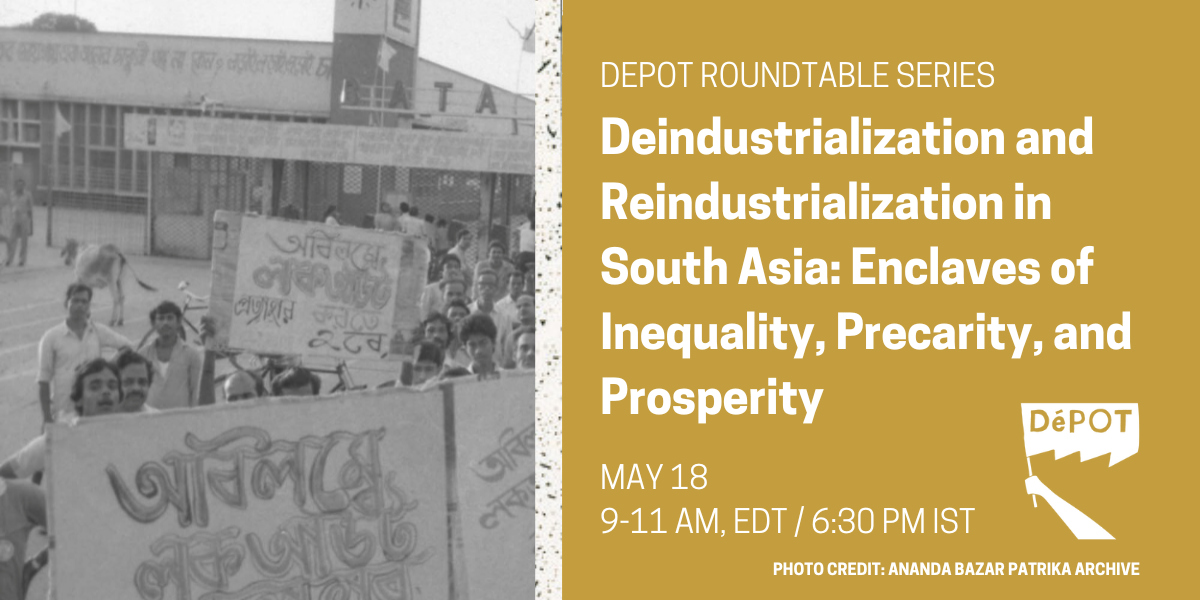
Deindustrialization and Reindustrialization in South Asia: Enclaves of Inequality, Precarity, and Prosperity South Asia experienced one of the fastest growths in the global economic space before the COVID-19 pandemic struck […]
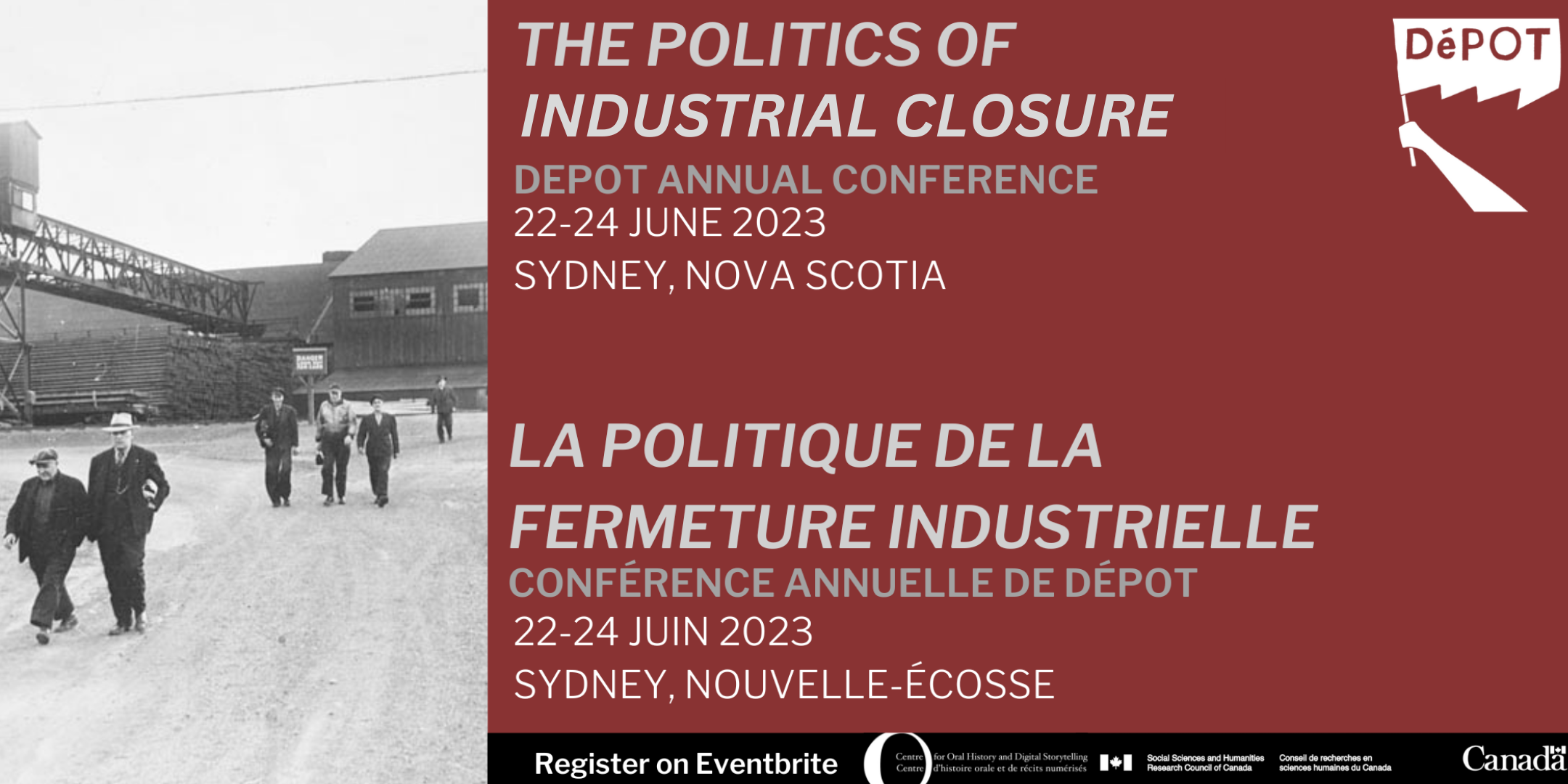
Le français suit: The DePOT Politics of Industrial Closure conference will focus primarily on the “how” and “why” of mine, mill and factory closings, the wider restructuring of the international […]
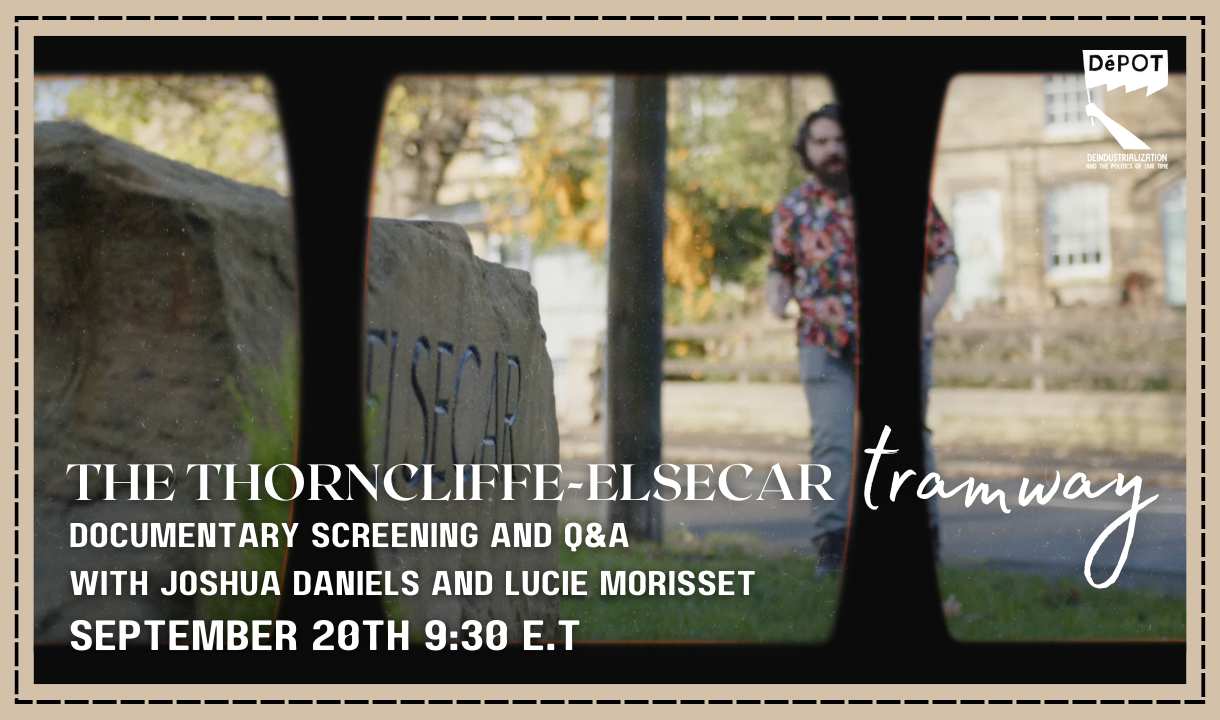
Join DePOT for a digital screening of Joshua Daniels's film "The Thorncliffe-Elsecar Tramway," followed by a Q&A with Joshua moderated by Lucie Morisset. The documentary follows the route of the […]

The Political Economy of Deindustrialization Join us for a roundtable on The Political Economy of Deindustrialization, which will showcase the political economy section of the forthcoming Routledge International Handbook on […]

What does deindustrialization studies have to offer heritage studies—and what can scholars of deindustrialization learn from the world of heritage? Six DePOT student, postdoctoral, and research affiliates share their research […]

Labour in the shadows: A cultural event and walking tour of Chabanel district in Montreal Time: Sunday, March 17, 2024: 1pm, sharp! Location: Ateliers Belleville, 545 Legendre Ouest, Suite 109 […]
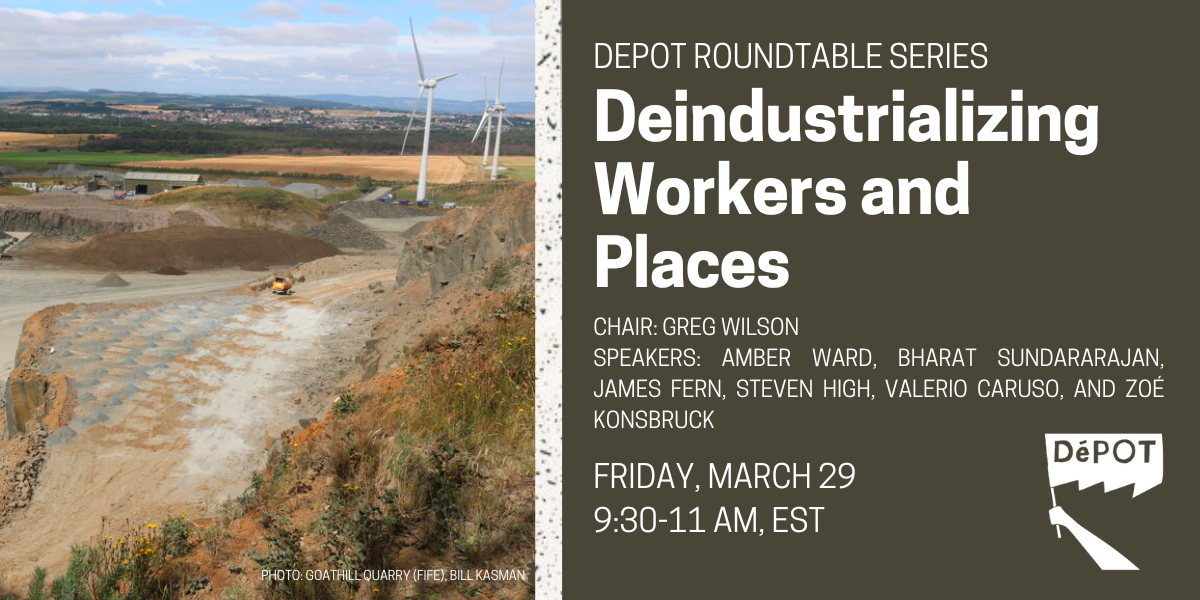
Deindustrializing Workers and Places Friday March 29th at 9:30am (EST) Join us as six DePOT-affiliated researchers share their work on the deindustrializing places and people they study across six different […]
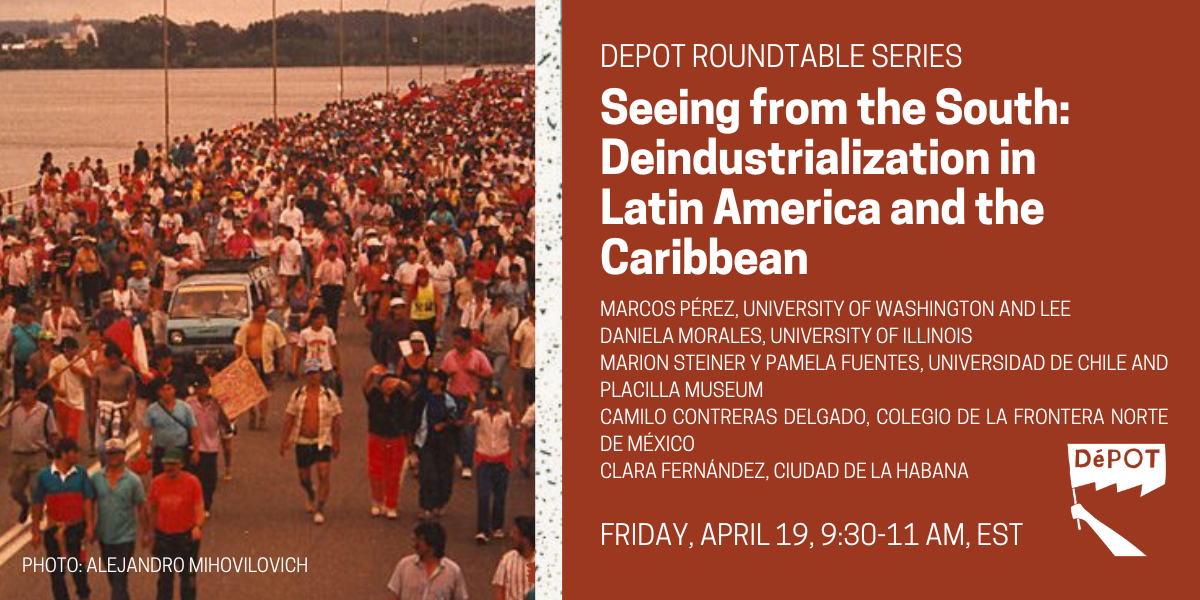
This roundtable gathers scholars and practitioners from Latin America and the Caribbean to discuss the region's experiences and processes of deindustrialization. The panel discussion will examine various topics linked to […]

DePOT Summer Institutes bring together graduate students and postdoctoral fellows as well as select faculty and partners to workshop their latest research in a small supportive setting. Summer Institutes are […]

In deindustrialization studies, representations of industrial closures have often dwelled on the ways that masculinity is threatened or reconfigured through the experience of job loss and on the erosion of collective ties and […]
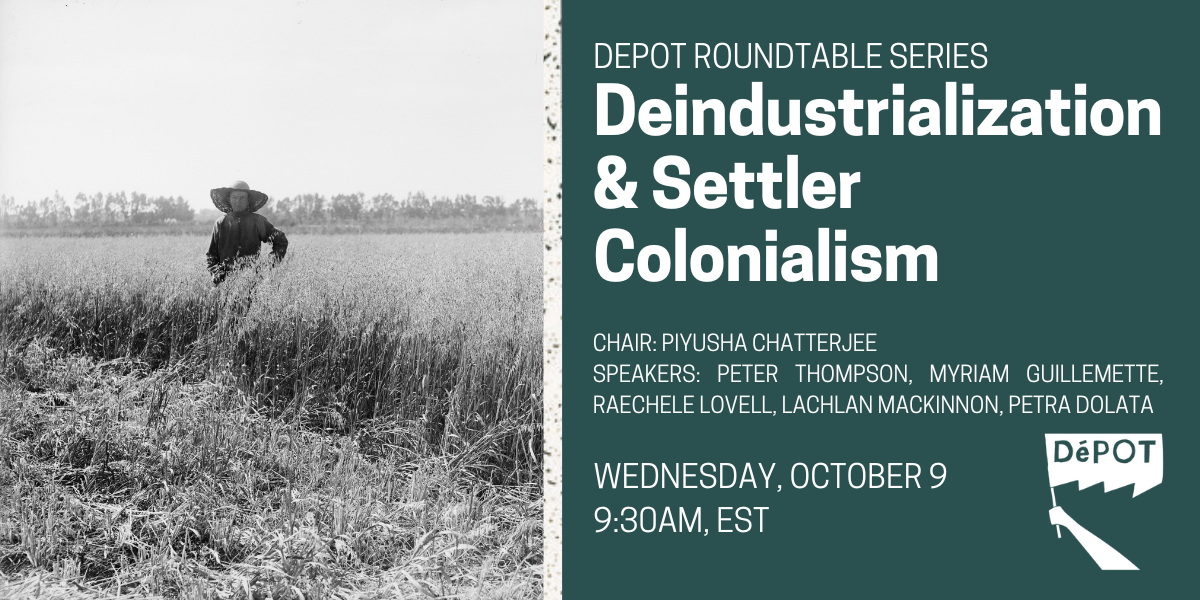
In Canada, the United States, Australia, and other settler colonies, the dispossession of Indigenous land is integral to histories of industrialization. Resource industries like forestry, mining and oil are inextricably […]

Following the 2016 US presidential election, much ink has been spilled on the topic of the “white working class.” Conjured as the face of the US Rust Belt, whiteness has […]
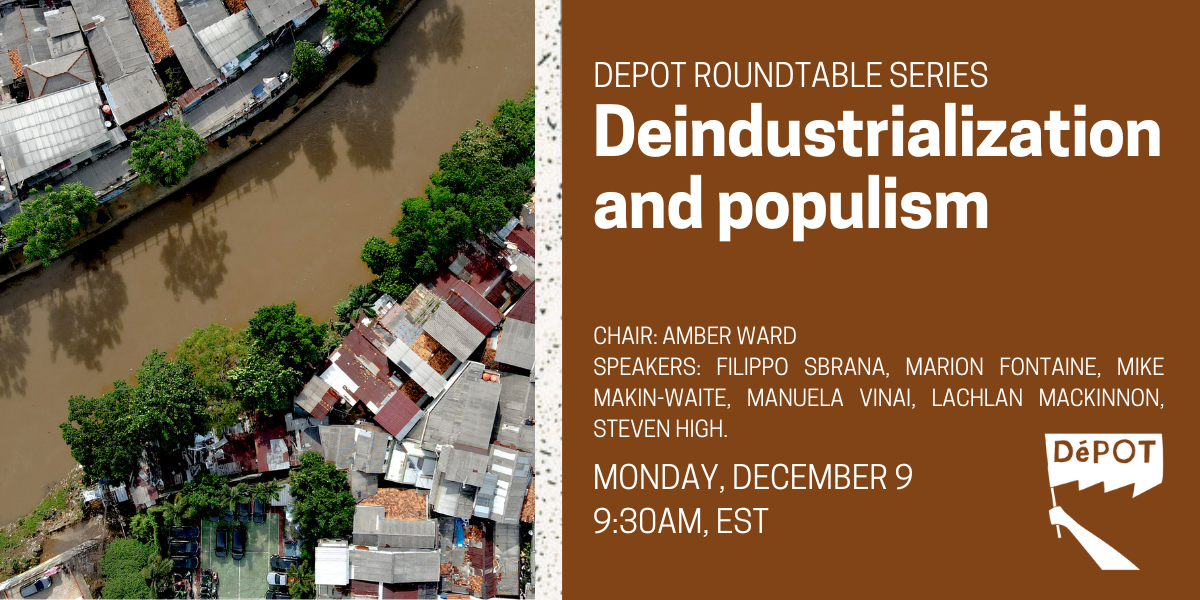
Brexit and the 2016 US presidential election threw “populism” into the spotlight. Populism, from both the left (Jean-Luc Melenchon, Bernie Sanders) and the right (Marine Le Pen, Donald Trump) […]

View the event recording here What happens to workers’ parties when work dries up? Deindustrialization has presented a profound challenge to parties of the left and centre-left, with their traditional […]

Join his former students and colleagues to celebrate the career of Tim Strangleman, DePOT co-founder and author of many books on the sociology of deindustrialization. Wednesday February 12 (9:30AM Eastern […]

Journey from Poland to the American Midwest in our next roundtable, featuring research from seven DePOT affiliates and chaired by Steven High! Thursday April 24th (9:30AM Eastern Time). Register on […]

Deindustrialization, Nation, Immigration: What Political Responses? Deindustrialization, which began affecting North America and Northwestern Europe in the 1950s, unevenly impacted various workforces. These groups, which have experienced mass layoffs and […]
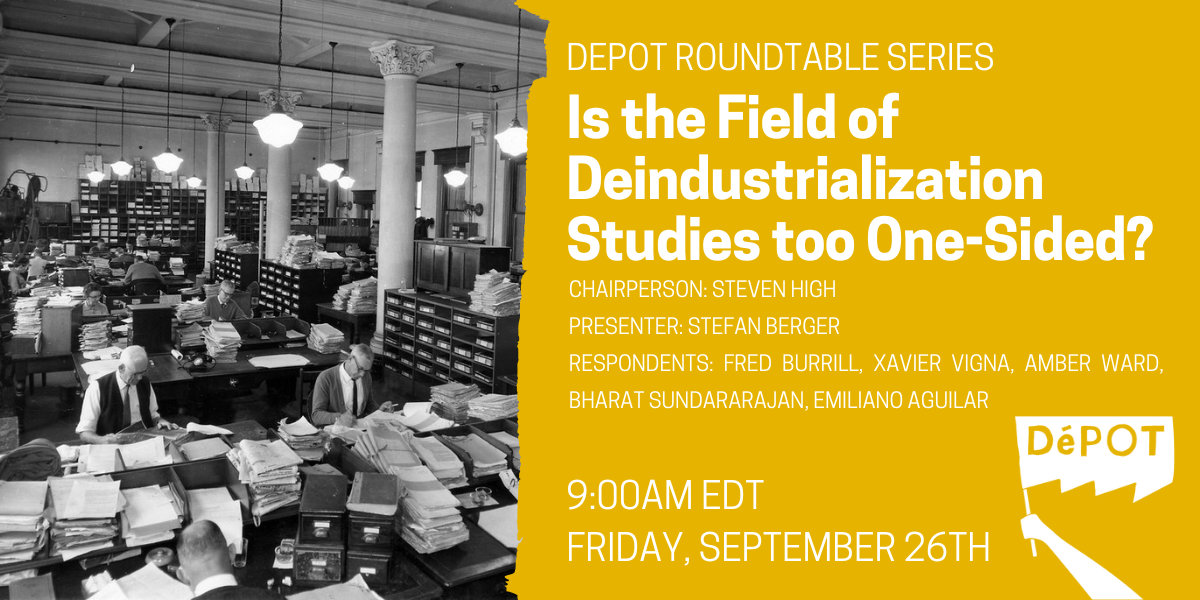
Oral history has been the primary methodology of the field of deindustrialization studies for the past quarter century. The field is therefore anchored in working-class lives and the lived interior […]

DePOT's Deindustrialization and the Environment working group is pleased to host its first roundtable, Policies and Programs: Deindustrialization and the Environment. This session brings together eight scholars whose research examines […]
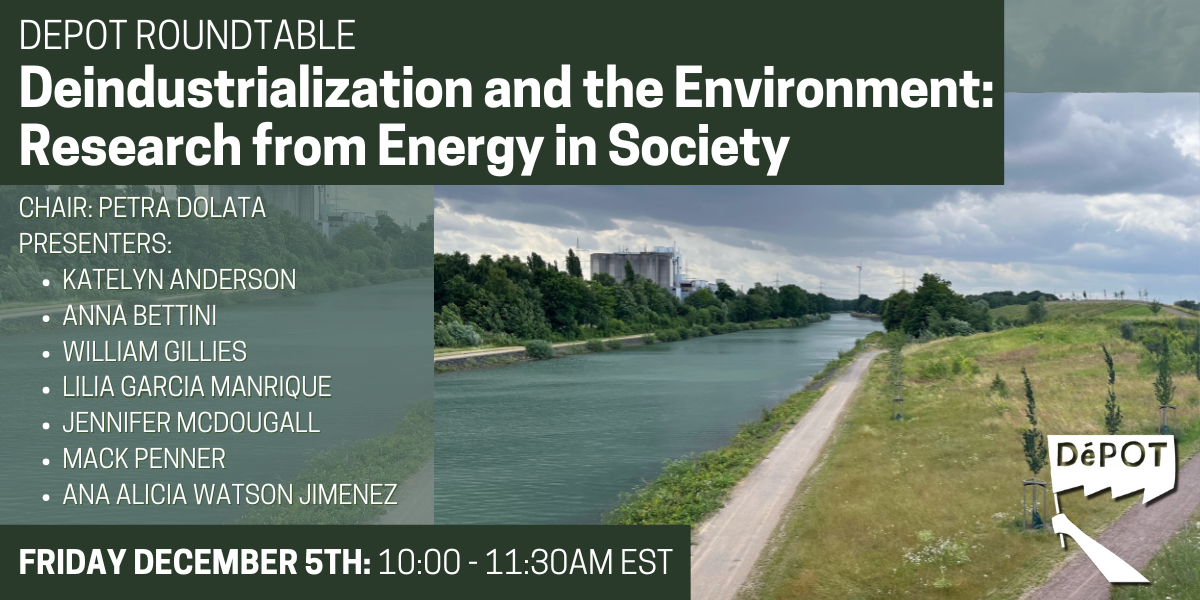
Join DePOT and Energy In Society as we talk extractivism, energy transitions, and degrowth! DePOT’s Deindustrialization and the Environment working group is pleased to host its second roundtable, Deindustrialization and […]

Join DePOT for this new roundtable as we talk about the aftermath of industry! Chairperson: Myriam Guillemette Presenters Riccardo Rosa, “Bagnoli after steel. Deindustrialization and participation in a former industrial area […]
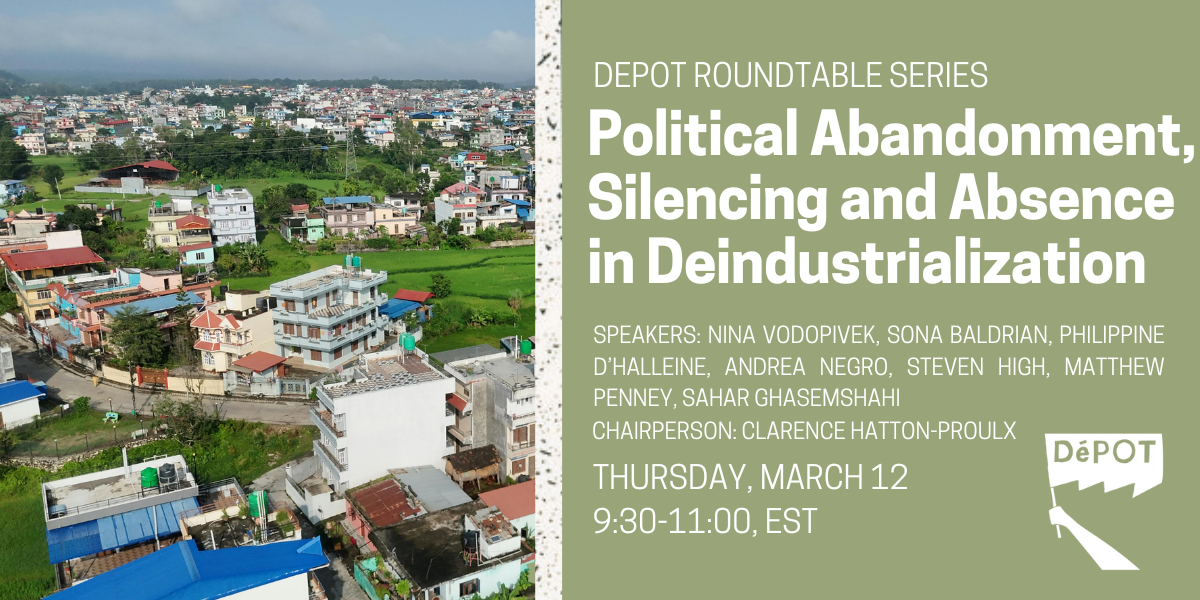
Join us for the March Roundtable to discuss Political Abandonment Silencing and Absence in deindustrialization Chairperson: Clarence Hatton-Proulx Presenters: Nina Vodopivek, “Why is it still important to talk about deindustrialization? […]

(Un)just Transitions?: Deindustrialization and the Environment The call for papers is now available! Read and download it in French or English here. What can the study of deindustrialization add to […]